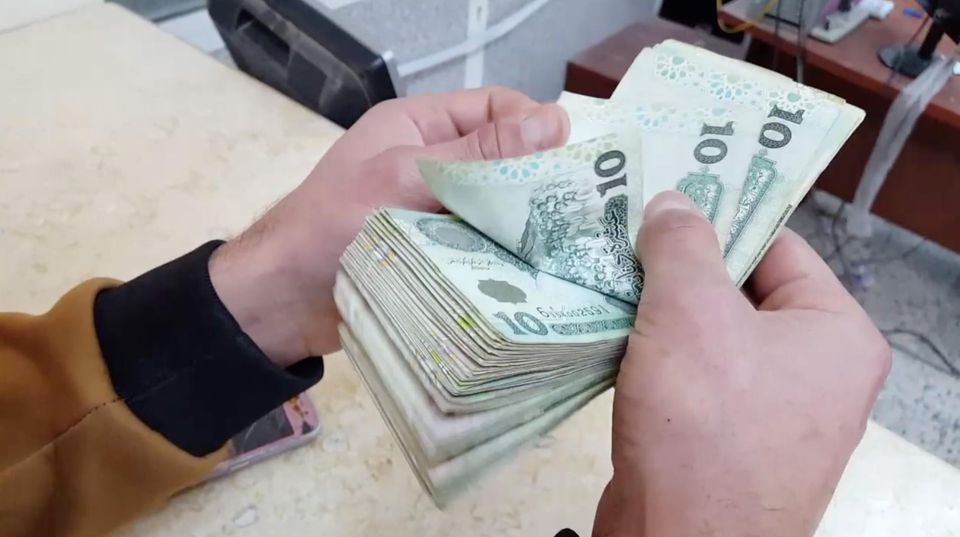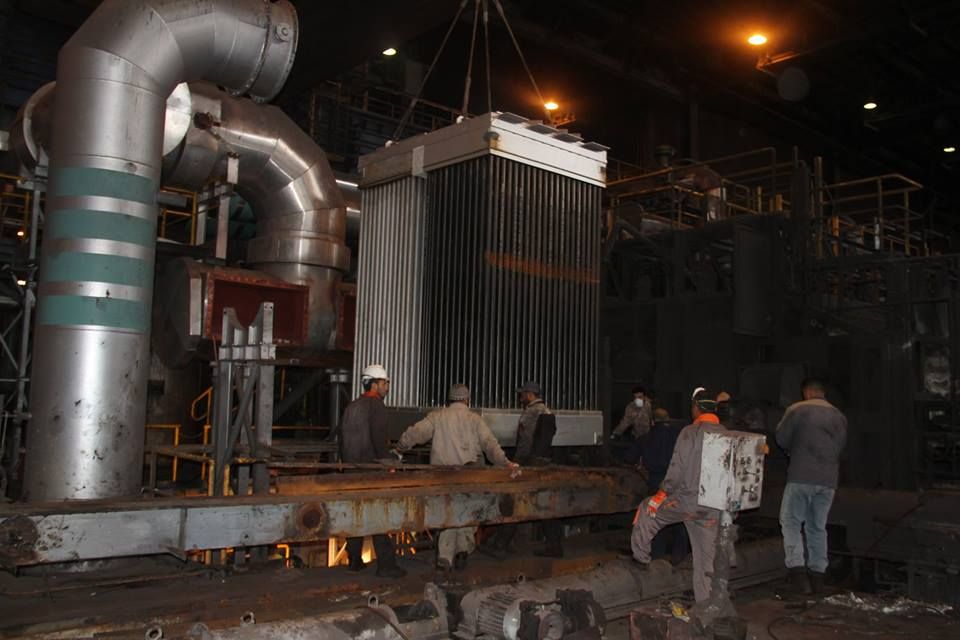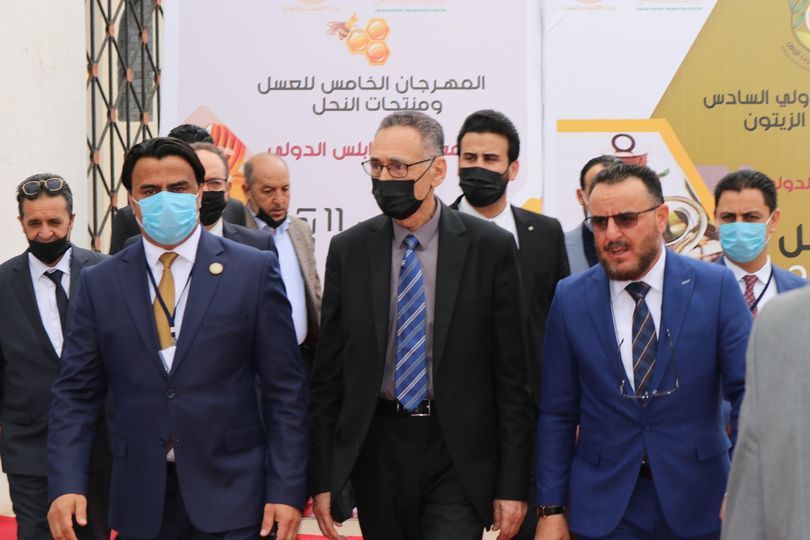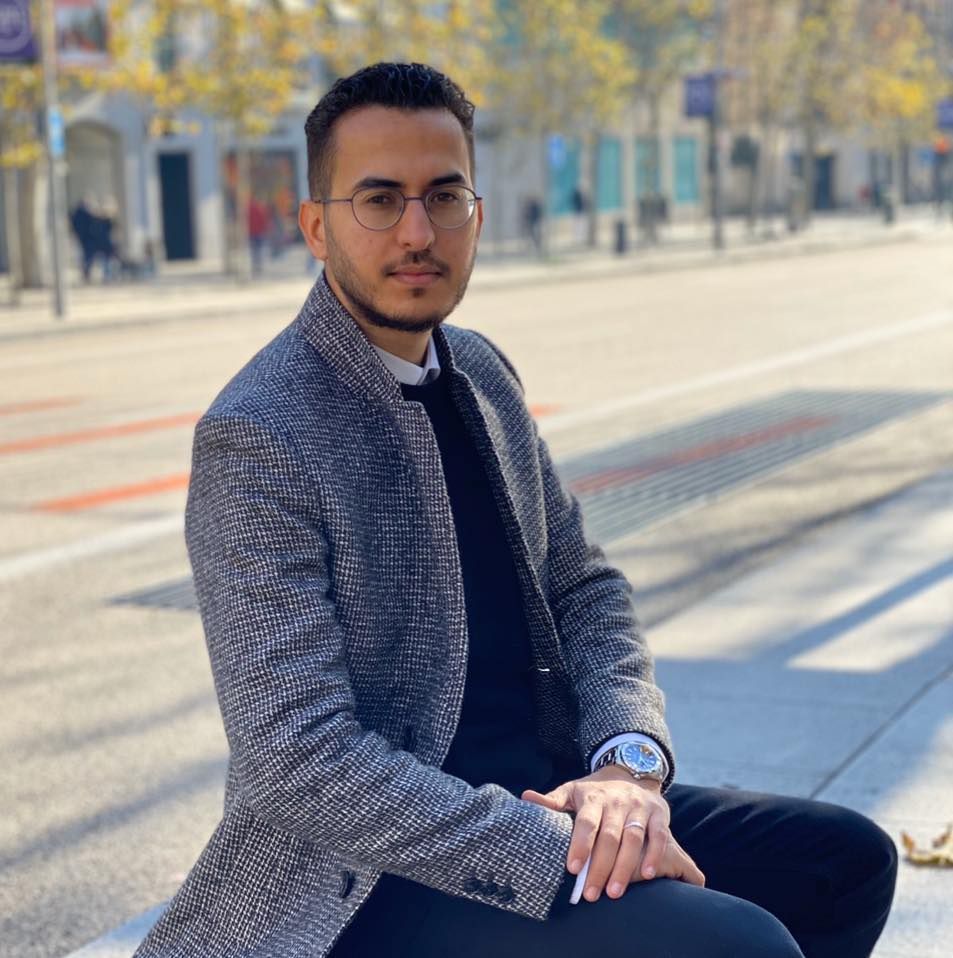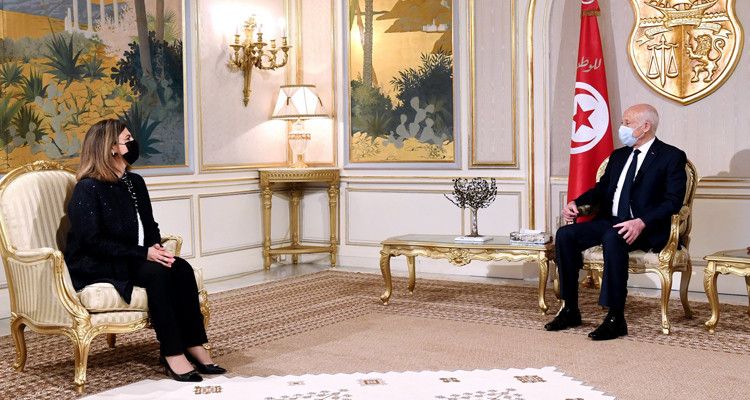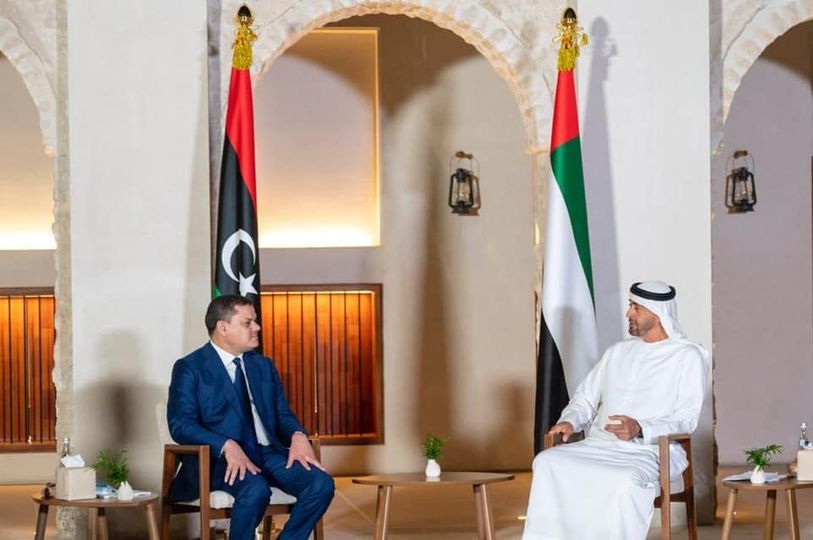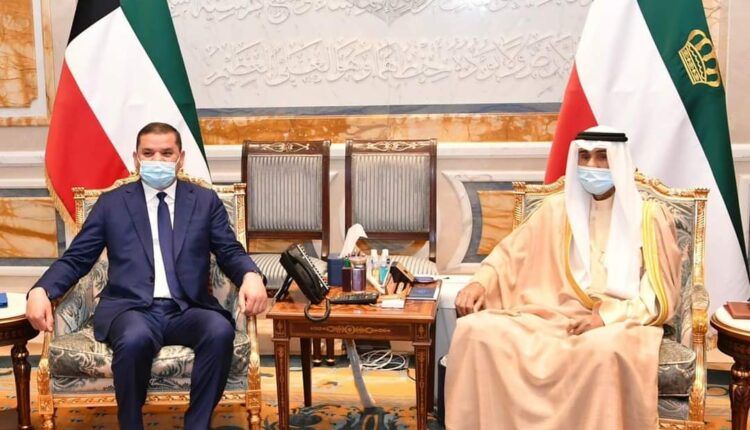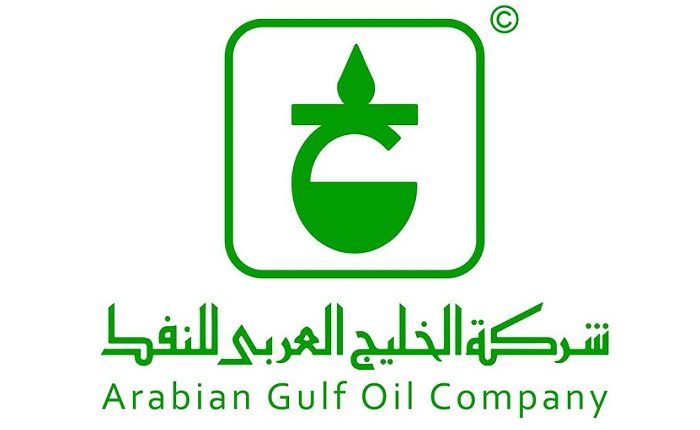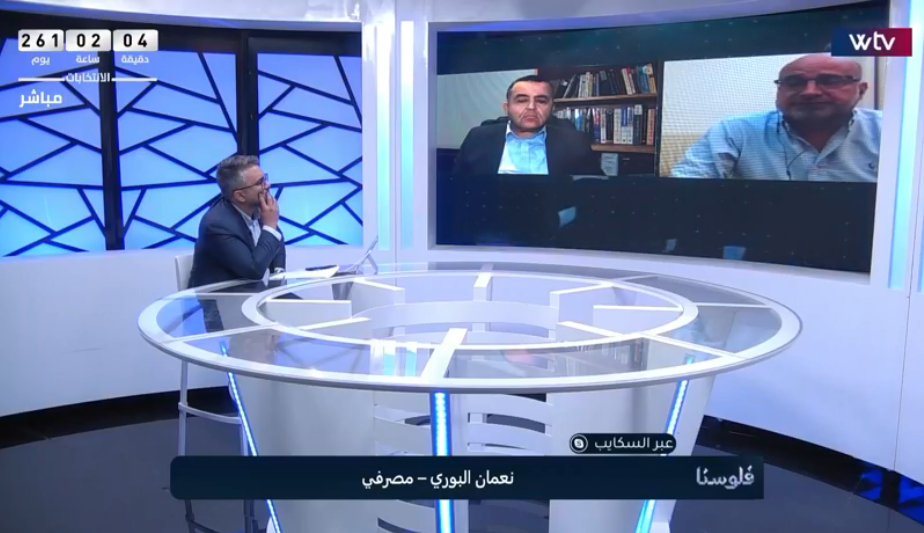Libya’s NOC transfers $5.8 bn of frozen funds to the new government
Libya’s NOC says it has transferred $5.8bn of previously frozen funds to the new government, but political wrangling is still holding up the 2021 budget.
According to the Weekly Middle East Oil and Gas News and Analysis, Libya’s new Government of National Unity (GNU) has been boosted with a $5.8bn cash injection from National Oil Corporation (NOC) which appears to have lifted its freeze on transferring oil revenues.
As part of the tacit deal which helped end last year’s devastating oil blockades, NOC was withholding oil and gas revenues until a new unity government was formed and a “fair” revenue distribution mechanism reached
The deal led to the partial restart of Libya’s oil sector outlined -among other economic reforms- the creation of a committee “to oversee oil revenues and ensure their fair distribution over the next three months.”

